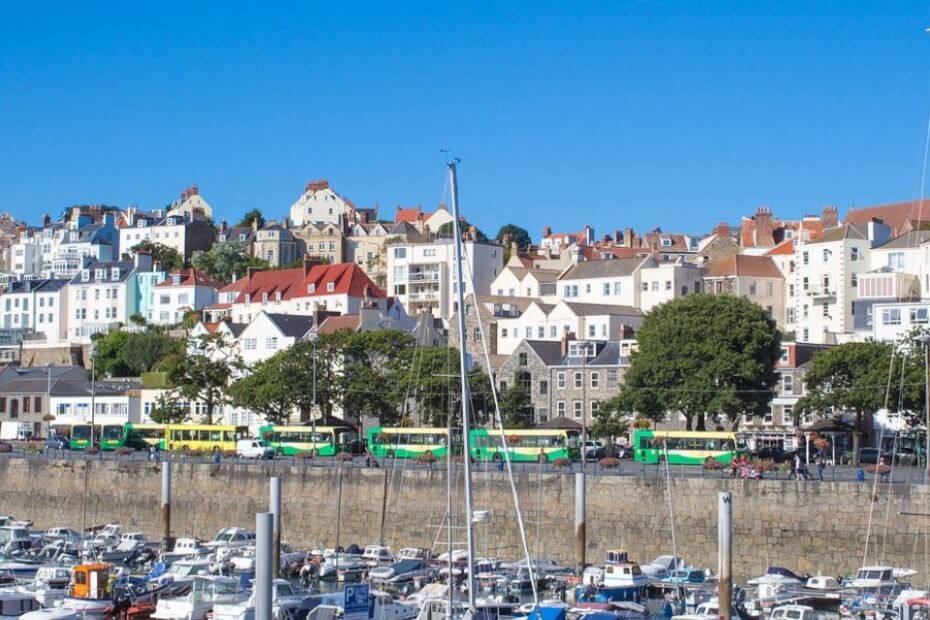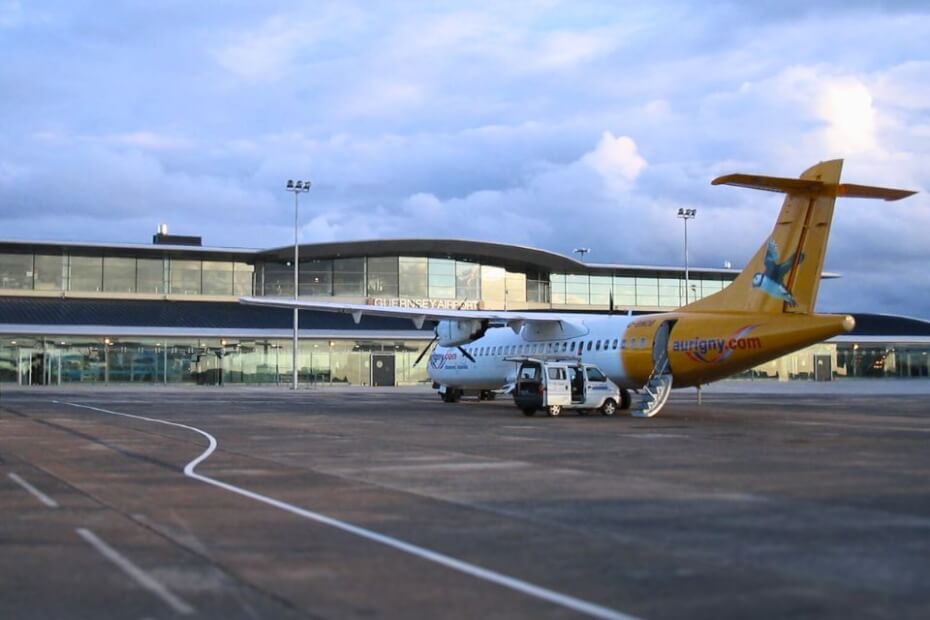
The United Kingdom (UK) Government is expanding its Electronic Travel Authorization (ETA) scheme to all non-visa nationals visiting the country.
This change, set to roll out in 2025, has raised discussions about the balance between national security and tourism.
The head of Guernsey’s Committee for Home Affairs has defended the ETA as a crucial tool for bolstering the country’s safety and security.
Home Affairs President Deputy Rob Prow told The BBC, “This is about preventing people who we think could do society harm from entering the UK or the Common Travel Area.”
The States of Guernsey stated that there would be “no impact” for individuals traveling from the Bailiwick to the UK.
However, those traveling directly to Guernsey do not need to obtain an ETA until towards the end of 2025.
Prow said his committee is very much involved in discussing introducing the ETA scheme for the Channel Islands.
Currently, a scheme allowing French day-trippers to enter Guernsey using only identity cards is in place until the end of summer 2025.
Once implemented, the ETA scheme will require such travelers to apply for travel authorization using their passports.
Prow said traveling on identity cards is “diminishing” as passport-based digital permits align with global security trends.
He maintains that the long-term benefits of the ETA system will outweigh the short-term challenges.
“Other countries have successfully introduced digital travel authorizations, and travelers have adjusted,” Prow explained.
ETA scheme could cost the Channel Islands millions

While officials defend the scheme as necessary for safety, critics argue that the move could harm the UK’s tourism industry and economy.
Simon Calder, a travel correspondent at The Independent, warned that the ETA scheme could severely impact tourism in Jersey and Guernsey.
He explained that even short day trips from Normandy will require a passport, a fee, and advance online registration.
The added requirements and costs could worsen the strain on the already weakened tourism industry due to Brexit and the pandemic.
“It’s going to be desperate for the tourism industry, of course, which has had a really tough few years,” he wrote.
Calder estimated the financial loss due to the ETA to be around £4 billion yearly for the UK and Crown Dependencies.
He added that the Channel Islands alone will incur millions of tourism revenue.
Jersey’s Minister for Sustainable Economic Development, Deputy Kirsten Morel, strongly believes in retaining the use of ID cards.
“We can prove to the UK that it’s a secure system, and there is no reason in my view as to why we should change that,” he told the BBC.
Morel stressed, “To lose thousands of day trippers to the islands will have a significant impact economically.”
Robert Mackenzie of the Channel Islands Travel Group explained that day-trippers from France “tend to be more of a short-term decision.”
Those who do not have an ETA beforehand cannot come and could quickly change their minds unless there is an agreement like the one now.
“But perhaps that looks less likely now with this new scheme,” Mackenzie said, expressing his disappointment.
More on the ETA’s adverse impact on travel and tourism
The UK travel industry has suffered since the October 2021 ban on Europeans using only ID cards to enter the country.
This decision affects around 300 million European Union (EU) citizens who use ID cards instead of passports, making it harder for them to visit the UK.
The September 2024 update on UK Immigration Rules stated that everyone applying for an ETA must use their passport.
Northern Ireland is also concerned that the ETA scheme could discourage travelers from visiting from the Republic of Ireland.
Almost 70 percent of Northern Ireland’s tourists travel via the Republic of Ireland, and the added requirement and cost could drive them away.
Heathrow Airport also urges the government not to require ETAs for transit travelers.
This is to avoid losing millions of passengers and, consequently, its status as a central travel hub.
The loss of passengers could affect not just the airport but also UK-based airlines that heavily depend on transit travelers.
The Independent published an analysis based on the decline in transiting travelers from the Gulf countries where the ETA has been enforced.
Heathrow Airport, the airline industry, and the broader UK economy could lose billions of pounds due to the loss of transit passengers.
These concerns are crucial, as UK tourism and travel have just started to recover from the pandemic.
ETA is a leap toward streamlining global travel

The ETA is a digital travel authorization that non-visa nationals must apply for and receive before visiting the UK.
It allows authorities to pre-screen travelers, collecting necessary security information before they arrive.
The ETA applications cost £10 and, if granted, will be valid for two years or until the passport it is linked to expires, whichever comes sooner.
It allows for multiple short trips of less than six months, so travelers do not need to apply for one each time they visit.
Currently, nationals from Bahrain, Kuwait, Oman, Qatar, Saudi Arabia, and the United Arab Emirates must have an ETA for visiting the UK.
Starting 8 January 2025, non-European non-visa nationals must have an ETA to visit the UK. Applications will open on 27 November 2024.
On 2 April 2024, European nationals, except for Irish citizens, must have an ETA before their UK trip. They can apply for an ETA beginning on 5 March 2024.
The UK ETA scheme is not entirely new. It is similar to digital permit systems used by the United States, Canada, and Australia.
The UK’s move to expand its ETA system is part of a broader global trend toward tightening border security through digital authorizations.
As the world becomes increasingly interconnected, countries are looking for ways to better manage the flow of visitors while addressing security concerns.
The EU will also launch its own digital travel authorization system, the European Travel Information and Authorization System (ETIAS).
The ETIAS is similar to the UK’s ETA; both are intended for non-visa nationals and aimed to enhance security and streamline travel.

